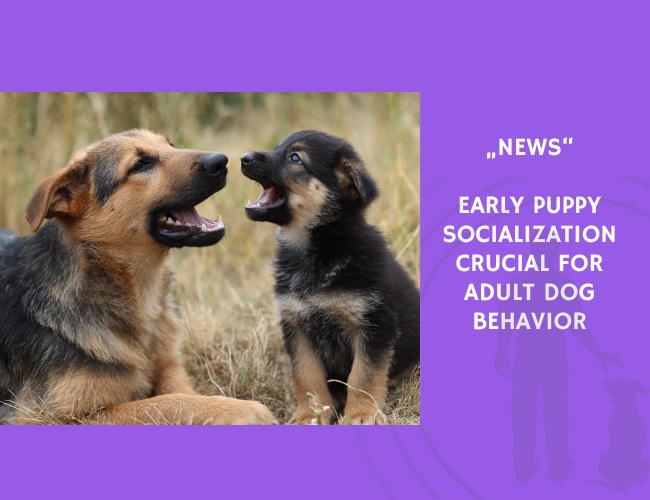Domestic dogs now serve primarily as companions, and their early-life experiences play a defining role in shaping their adult behavior. The review by T. Howell, T. King, and P. Bennett emphasizes that early, age-appropriate socialization—beginning within days of birth and continuing into adulthood—promotes long-term emotional health and reduces behavioral issues.
Socialization should include controlled, positive exposure to varied people, environments, sounds, and objects. Puppies that undergo this kind of exposure are less likely to develop fear-based or aggressive behaviors, and more likely to engage in cooperative and playful interactions with humans. In turn, this fosters stronger dog–human bonds and lifelong companionship potential.
The study acknowledges mixed evidence around the long-term impact of puppy socialization classes, but stresses that socialization itself—whether through classes or owner-guided experience—is crucial. Responsibility for proper socialization is shared between breeders, owners, and veterinarians. Breeders lay the foundation, exposing puppies to everyday stimuli, while veterinarians are in a unique position to educate new owners during early checkups and vaccinations.
Importantly, the authors call for further research to identify the minimum and maximum effective thresholds of socialization. Overexposure or poorly managed interactions could potentially lead to negative outcomes, making individualized guidance essential.
Source: T. Howell, T. King, and P. Bennett. 2015-04-29. “Puppy parties and beyond: the role of early age socialization practices on adult dog behavior.” Veterinary Medicine: Research and Reports, Volume 6, Pages 143–153. https://doi.org/10.2147/VMRR.S62077










